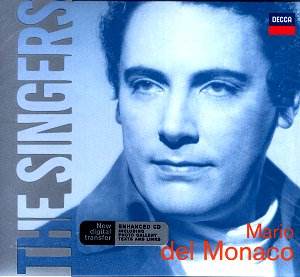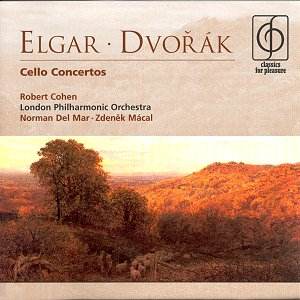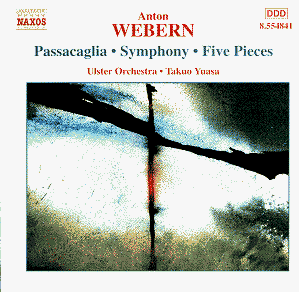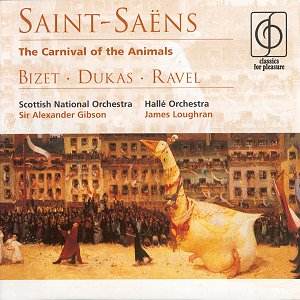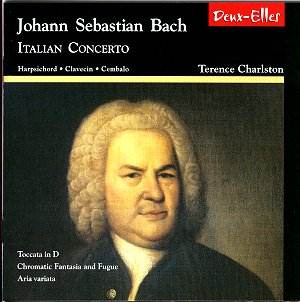 Composer: Johann Sebastian Bach
Composer: Johann Sebastian Bach
Works: Toccata in D major BWV 912, Chromatic Fantasia and Fugue in D minor BWV 903, Aria variata in the Italian manner BWV 989, Italian Concerto in F major BWV 971, Aria from the Clavierbühlein for Anna Magdalena Bach BWV 988, Prelude in C minor BWV 999, Prelude and Fughetta in G major BWV 902, Fantasia in C minor BWV 906
Performers: Terence Charlston, harpsichord
Recording: November 1999
Label: DEUX-ELLES DXL 1017
Johann Sebastian Bach’s keyboard oeuvre remains a cornerstone of Western classical music, with his works often characterized by intricate counterpoint and profound emotional depth. Among his diverse creations, the “Italian Concerto” (BWV 971) stands out, embodying the spirit of the Italian Baroque with its vibrant contrasts and lively textures. This recording, featuring Terence Charlston on the harpsichord, offers a compelling exploration of Bach’s lesser-known works alongside this celebrated concerto, providing a fresh perspective on the composer’s ingenuity.
Charlston’s interpretation of the “Italian Concerto” opens with an air of hesitation, particularly in the first movement, where a slightly subdued tempo allows for a careful unfolding of the thematic material. While some may argue this approach lacks the immediate exuberance characteristic of the work, it invites the listener to engage with the music’s subtleties. The subsequent movement, marked Adagio, reveals Charlston’s more nuanced touch, where he balances lyrical phrasing with a delicate articulation of the counterpoint. The concluding Presto bursts forth with infectious joy, showcasing Bach’s mastery of rhythm and texture. Charlston captures this exuberance, his fingers dancing across the keys, eliciting a jubilant response that resonates well with the work’s celebratory nature.
The recording also highlights the Aria variata in the Italian manner (BWV 989), a lesser-known gem that deserves more attention. Here, Charlston’s refined touch and avoidance of excessive ornamentation allow the inherent beauty of the variations to shine through. Each variation is imbued with its own character, and the harpsichord’s articulation contributes to a vivid exploration of Bach’s thematic material. The performance of the Prelude in C minor (BWV 999), originally composed for lute, is particularly mesmerizing, rendered with a sensitivity that underscores its introspective qualities. Utilizing the lute-stop of the harpsichord, Charlston creates a sonorous richness that enhances the work’s contemplative nature.
The engineering of this recording deserves commendation as well. The Ruckers copy harpsichord by Andrew Garlick produces a warm, resonant sound, captured with a clarity that strikes an admirable balance between presence and reverberation. This attention to sound quality, combined with Charlston’s interpretive choices, makes for an engaging listening experience, particularly when enjoyed through high-quality headphones. The nuanced dynamics and textural clarity allow the listener to appreciate the intricate counterpoint for which Bach is renowned.
Charlston’s thoughtful interpretations, particularly in the context of the Italian Concerto, provide a refreshing lens through which to view these works. While some may prefer the more vigorous readings found in other notable recordings, Charlston’s approach offers a contemplative alternative that invites deeper reflection on Bach’s artistry. This recording is not just a showcase of Bach’s lesser-known keyboard works; it stands as an engaging exploration of the emotional and technical possibilities of the harpsichord, performed by a skilled artist.
This thoughtfully curated collection is a must-have for those looking to delve into the rich tapestry of Bach’s harpsichord repertoire, revealing the charm of works often overshadowed by his more celebrated compositions. Terence Charlston’s adept performance, combined with the excellent sound quality, solidifies this recording’s place as an essential addition to any serious classical music library.
